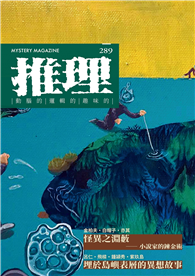Focusing on the user experience of online search, this book explores the complex design at play and the ways social media platforms, websites, and other online interfaces have been created to provide information.
Author Liese Zahabi addresses three key questions. How do users perceive search engines and what is their understanding of how they work? What are the various user interface designs, contemporary and historical, that have created access points to search, and how do these interfaces affect each other and a user’s search process? What do these designs and products say about our priorities and our relationships with information and other people? This book weaves archival and contemporary examples of interface designs together with the results of user research conducted by the author. These user studies focus on how people utilize various platforms, apps, and interfaces in their quest for information, answers, and meaning. Current research from the fields of user experience design, interaction design, and information design is integrated throughout to expand on these ideas and provide larger takeaways.
This book is crucial reading for advanced students, scholars, and professionals in the fields of design (specifically user experience and interaction design), media and cultural studies, information science, and design studies.












